Virgin Australia Group has gone into voluntary administration after failing to secure a critical AUD1.4 billion Australian dollar (USD890 million) bailout from the Australian Federal Government. Local media reports indicate the decision was taken following a board meeting on Monday, April 20, with Vaughan Strawbridge, John Greig, Sal Algeri, and Richard Hughes of Deloitte having been appointed voluntary administrators of the company and a number of its subsidiaries.
The holding, whose shareholders include Richard Branson's Virgin Group, Singapore Airlines, Etihad Airways, HNA Group, and Nanshan Group, has suffered severe liquidity stress as a result of the COVID-19-induced suspension of its international network and all domestic flights, except for the 64 government-subsidised minimum domestic services. Its subsidiaries include Virgin Australia, Virgin Australia (SE Asia), Virgin Australia International, Virgin Australia Regional, and Tigerair Australia. Velocity Frequent Flyer, while owned by the holding, is a separate company and is not in administration.
According to a stock market filing, Virgin Australia's administrators will be supported by the Group’s current management team, led by Chief Executive Officer Paul Scurrah, and will work closely with team members, suppliers, and partners throughout the process.
“Our intention is to undertake a process to restructure and refinance the business and bring it out of administration as soon as possible. We are committed to working with Paul and the Virgin Australia team and are progressing well on some immediate steps. We have commenced a process of seeking interest from parties for participation in the recapitalisation of the business and its future, and there have been several expressions of interest so far,” Administrator Vaughan Strawbridge said.
While the identity of the investors has not been officially revealed, the Australian Financial Review, citing sources familiar with developments, said that “one consortium involves a private equity investor partnered with an ‘a strategic airline investor’. [...] The other is believed to be an investment bank partnered with an Australian infrastructure investor.”
One of the firms said to be interested in Virgin is Melbourne-based BGH Capital, an Australian and New Zealand-focused private equity firm that recently enlisted Melbourne law firm Arnold Bloch Leibler to oversee talks with the airline. Backed by AUD2.6 billion (USD1.65 billion) in funding, BGH tried to takeover Qantas (QF, Sydney Kingsford Smith) for AUD11 billion in a failed bid back in 2006.
Rating agencies Moody's and Fitch both downgraded Virgin Australia's outlook on April 20 citing its inability to secure fresh capitalisation as well as uncertainty regarding timelines as to when it may be able to resume its regular flight schedule. The two firms also concluded that while VAH's earliest debt maturity is USD350 million due in October 2021, the company is unlikely to be in a position to meet its debt service requirements beyond September 2020 without additional funding.
Overall, the holding has racked up annual losses for nine of the last 11 years with its overall debt pile estimated to stand at AUD5 billion (USD3.18 billion).
Given the impact its sudden collapse would have on the Australian market, not only in terms of economics but also in terms of human capital as well as logistics, the regional governments of Queensland and New South Wales (NSW) pitched partial rescue packages to the holding last week. In the former's case, the holding would receive AUD200 million (USD127.3 million) conditioned on there being federal as well as shareholder support. In addition, Virgin Australia would have to keep its headquarters at Brisbane International. Virgin’s Bowen Hills office has 1,200 staff and around 5,000 employees are located in Queensland alone. According to the Sydney Morning Post, the NSW government has sought to lure the carrier to Sydney's new Badgerys Creek airport, currently under construction.
Etihad has since told Reuters that it worked closely with Virgin Australia and stakeholders to find a solution that would have avoided administration but that ultimately, it was unable to give extra financial support given the impact of the Covid-19 crisis on its own business. As such, the UAE-based carrier hopes administration will allow Virgin Australia to resume flights and that it is open to talks on a potential re-launch.

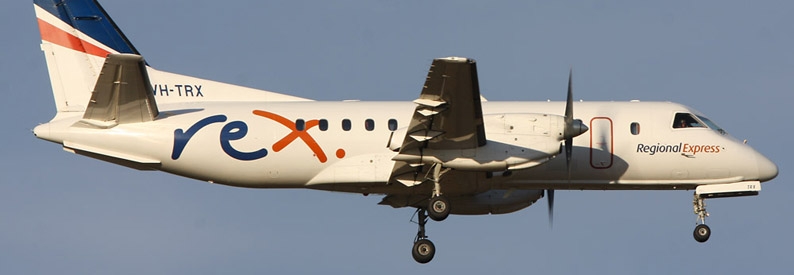
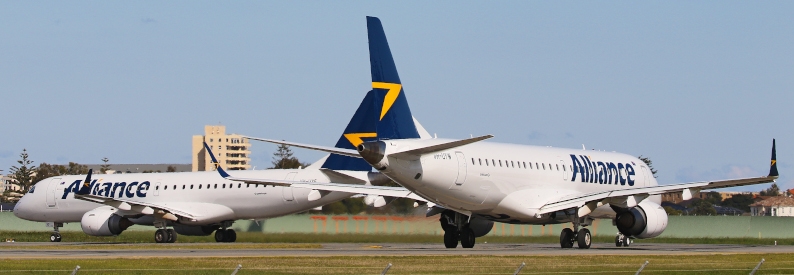
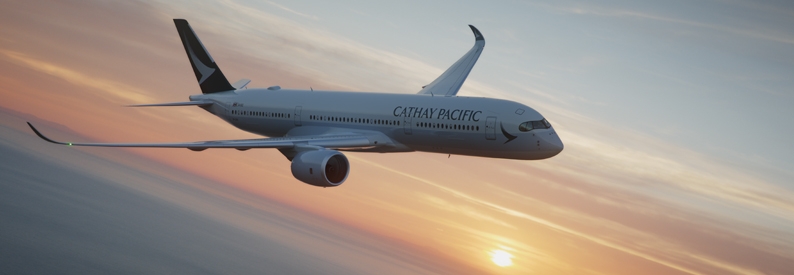
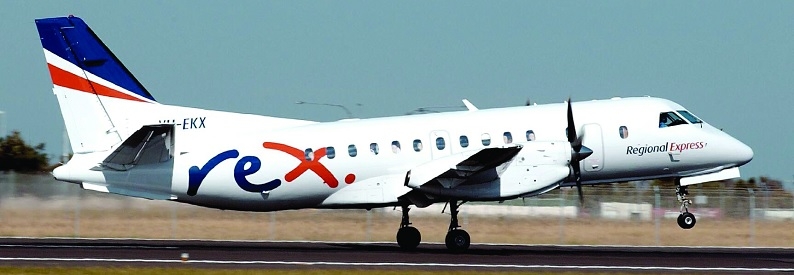
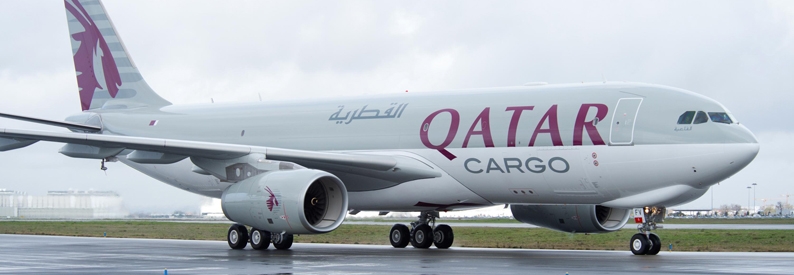
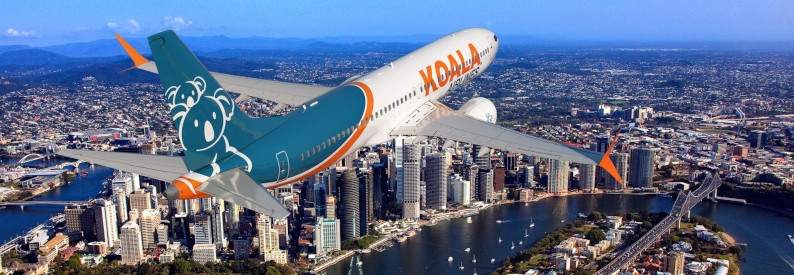
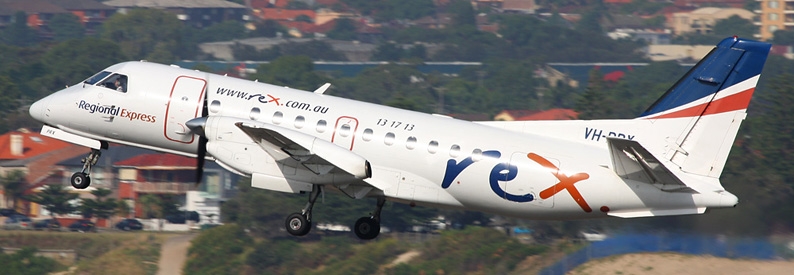
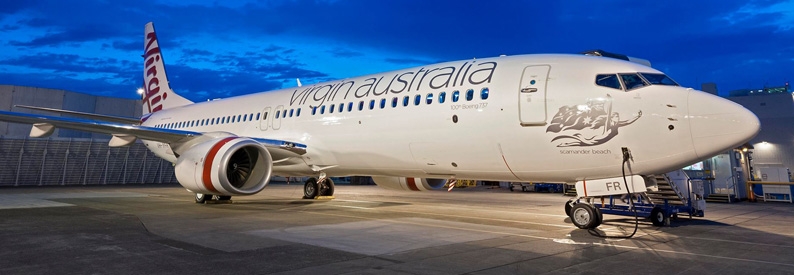
Editorial Comment: Updates article with confirmation of filing for voluntary administration || Updates with Etihad's comment - 21Apr2020 - 13:53 UTC